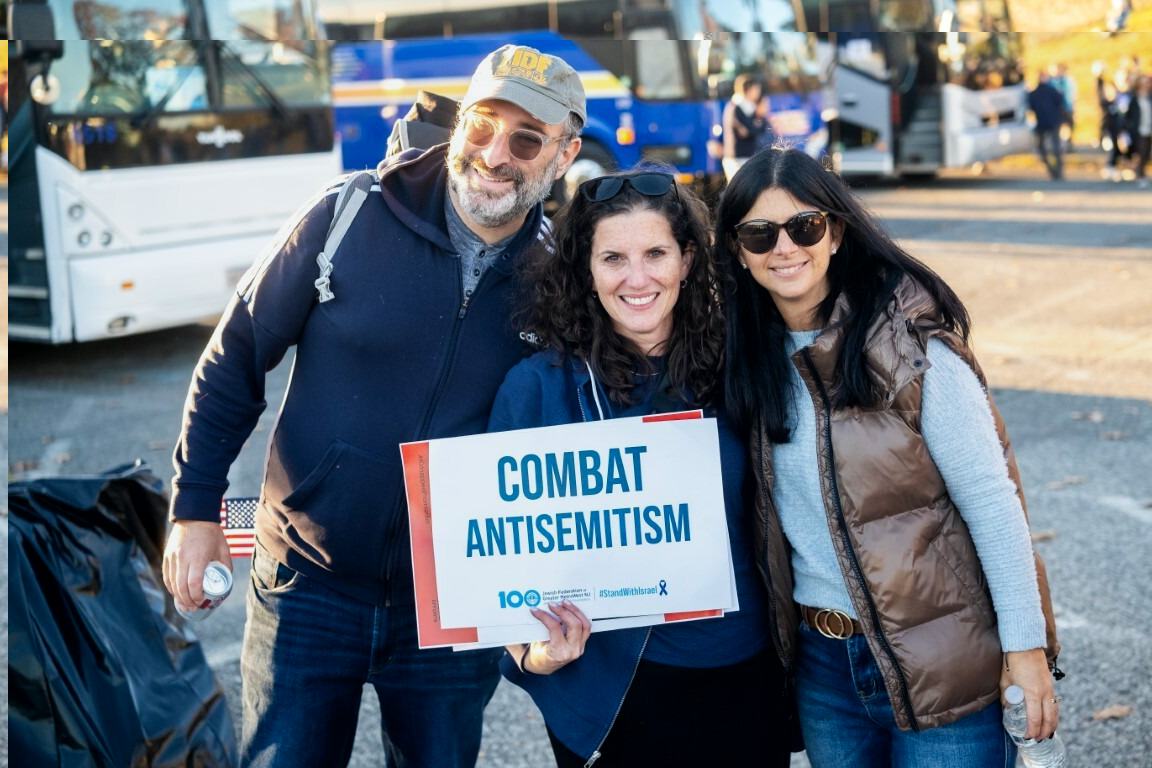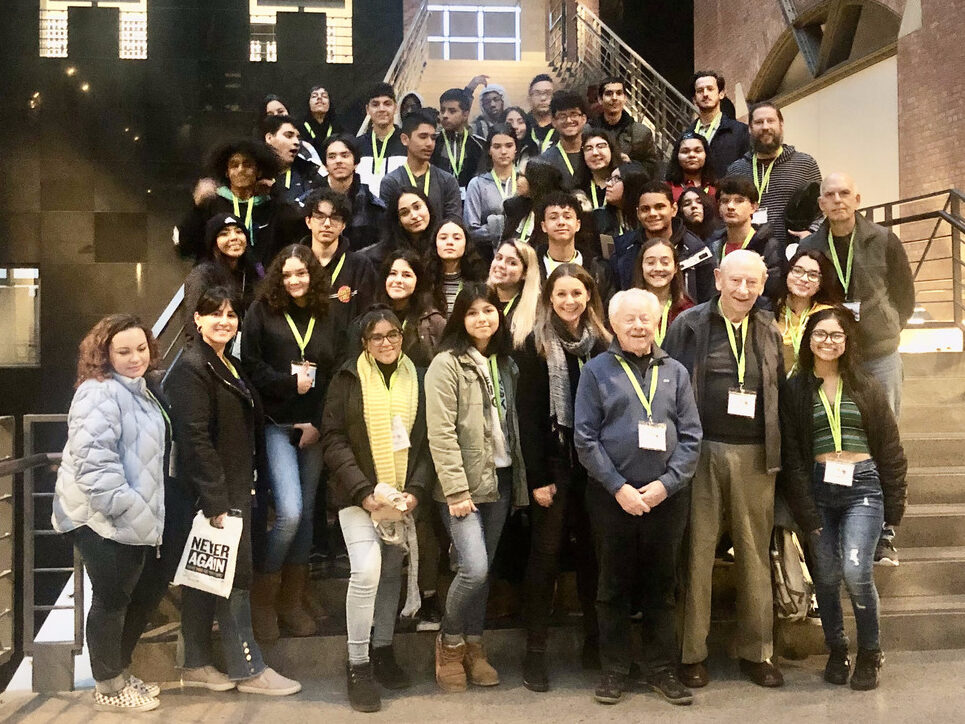Let Our People Go
This Passover, we pray for freedom of our people being held in captivity by Hamas. And, may we all experience a future free from antisemitism and hate.
With every generation there is a story. This is our story. Jewish Federation of Greater MetroWest NJ is here for you. Right now. Just as we have been for 100 years. Together, we are not alone.
3 Actions to Take Right Now
Educate yourself about antisemitism, particularly the “new antisemitism.”
Encourage local schools, bookstores, and libraries to curate and promote reading lists on antisemitism.
Call on our federal legislators to bring the hostages home now — it takes only a minute.
More You Can Do This Passover
Enhance your Passover celebration with Federation’s list of local community programs you are invited to attend, as well as resources to help you make your holiday particularly meaningful, including a fun PJ Library Holiday Kit for families, Haggadot options including downloadable printables for use at your Seder, and meaningful supplements to recognize October 7. Explore Passover resources
Combatting Antisemitism Toolkit
Key Messages
 When you are engaging in advocacy, it can help to have some language to use as a starting point. Below are some suggestions to use as you reflect on what you want to say in your own voice. Learn more
When you are engaging in advocacy, it can help to have some language to use as a starting point. Below are some suggestions to use as you reflect on what you want to say in your own voice. Learn more
Having Difficult Conversations
 Having an effective conversation with a non-Jewish friend or colleague really is possible! Here’s everything you need… Learn more
Having an effective conversation with a non-Jewish friend or colleague really is possible! Here’s everything you need… Learn more
Engaging on Social
 Here are guidelines for using social media to help our non-Jewish friends understand our experiences and perspectives. Learn more
Here are guidelines for using social media to help our non-Jewish friends understand our experiences and perspectives. Learn more
Trusted Information Sources
 We’ve compiled a list of trusted sources of news and information about Israel, antisemitism and the Jewish community. Learn more
We’ve compiled a list of trusted sources of news and information about Israel, antisemitism and the Jewish community. Learn more
Times like this strengthen our resolve and remind us how powerful we are when we stand together.
For 100 years we have been here to meet the needs of our Jewish community and right now our community needs us to stand strong, speak up, and lead us through this challenging chapter.






